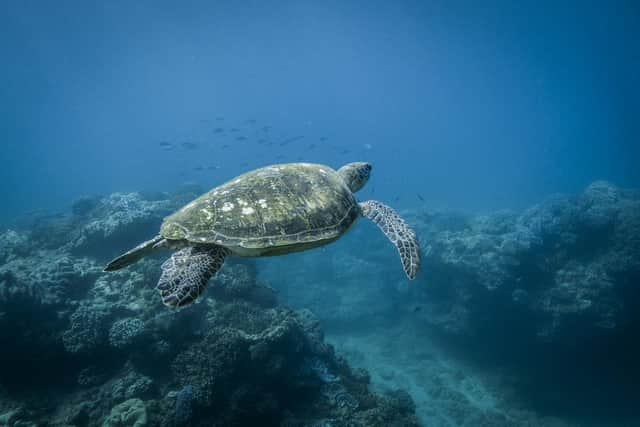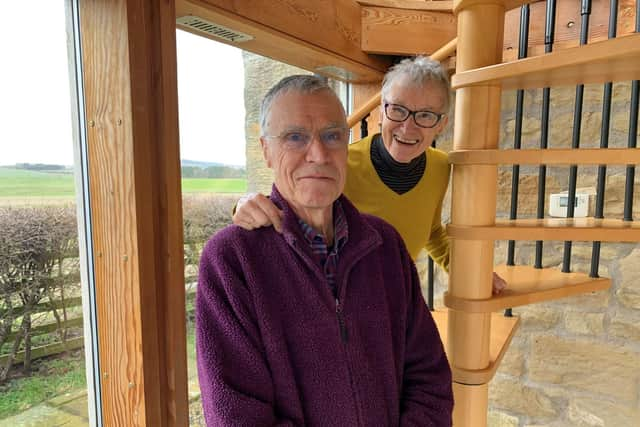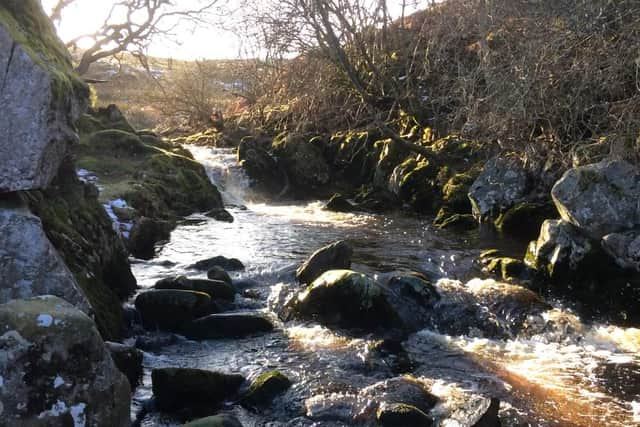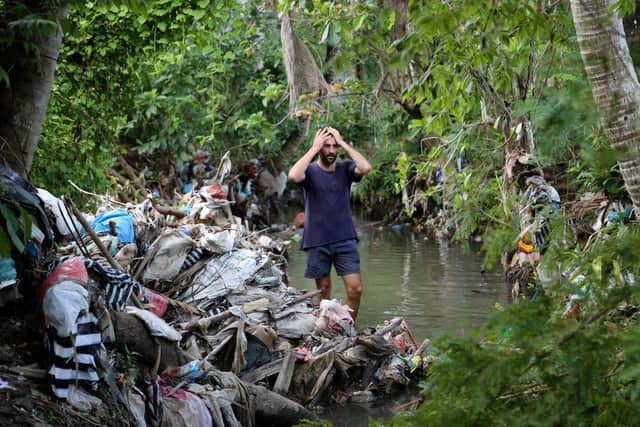What A Wonderful World Festival in Alnwick to put critical climate issues in the spotlight
and live on Freeview channel 276
What A Wonderful World (WAWW) will use part of its three-day platform in Alnwick this summer to highlight the damage being done to our rivers, lakes and seas.
And in the wake of the latest parliamentary debate on sewage dumping, WAWW’s directors have warned further inaction could lead to irreparable damage.
Advertisement
Hide AdAdvertisement
Hide Ad“There is little doubt that our Victorian sewage system is no longer fit for purpose,” said Alistair Anderson, co-director.


“Our population has grown, sudden very heavy rainfall is becoming more frequent due to climate change and our lifestyle has tended to increase toxic and plastic pollution reaching water courses.
“This is a serious issue directly affecting the health of those that use rivers and coastal waters for recreation.
“More importantly water pollution, air pollution, degradation of soils, forest loss and reduction of biodiversity are all interrelated.”
Advertisement
Hide AdAdvertisement
Hide AdA recent Labour motion, backed by the Liberal Democrats, proposed tough new penalties for water companies who continue to dump into rivers, lakes and the sea.


Environment Agency data shows sewage was dumped every two-and-a-half minutes on average since 2016.
And Labour argued this amounted to 1,276 years’ worth of raw sewage going into rivers, lakes and the sea over a seven-year period.
But Conservatives refused to back shadow environment secretary, Jim McMahon, as he used an opposition day motion to debate his Water Quality (Sewage Discharge) Bill.
Advertisement
Hide AdAdvertisement
Hide Ad“Labour suggested that there should be mandatory monitoring on all sewage outlets, automatic fines for discharges, ambitious targets for stopping sewage dumping and that water bosses be held to account for negligence,” added Alistair.


“The Conservatives rejected this but said that they have brought forward stronger regulations and that the private sector will provide the largest water infrastructure programme in history — an expected £56bn investment.
“They added that they will make fines unlimited so that the polluter always pays. Other parties have similar visions but so far little real change has occurred.”
The impact of sewage dumping, flooding, drought, excess fertiliser use and plastic’s long-term damage to the ocean’s ecosystems are all up for debate on day three of 2023’s WAWW festival.
Advertisement
Hide AdAdvertisement
Hide AdSunday, July 2 sees the Deep Dive Into Water takeover with panel discussions, presentations and a special screening of Australian film, Blue taking centre stage.


Deep Dive into Water will cover a range of issues from reintroducing beavers to the sequestration of carbon by sea grasses.
Speakers include representatives from Northumberland Rivers Trust, Stronger Shores, Northumbrian Water, the National Trust and the farming community.
A packed programme gets underway on Friday, June 30 after organisers assembled a cast of performers, artists, panellists and thought leaders who share a passion for saving our
planet.
Advertisement
Hide AdAdvertisement
Hide Ad“It is vital that we start a real debate now across our community to increase understanding of the problems and the potential solutions that could provide us all with a future of clean water, clean air and a rich biodiverse environment,” added Alistair.
“Through such a committed ‘conversation’ we can encourage people to do what they can in their own lives and empower them to bring pressure to bear on those that control the levers of power.”
For more information visit www.whataww.org